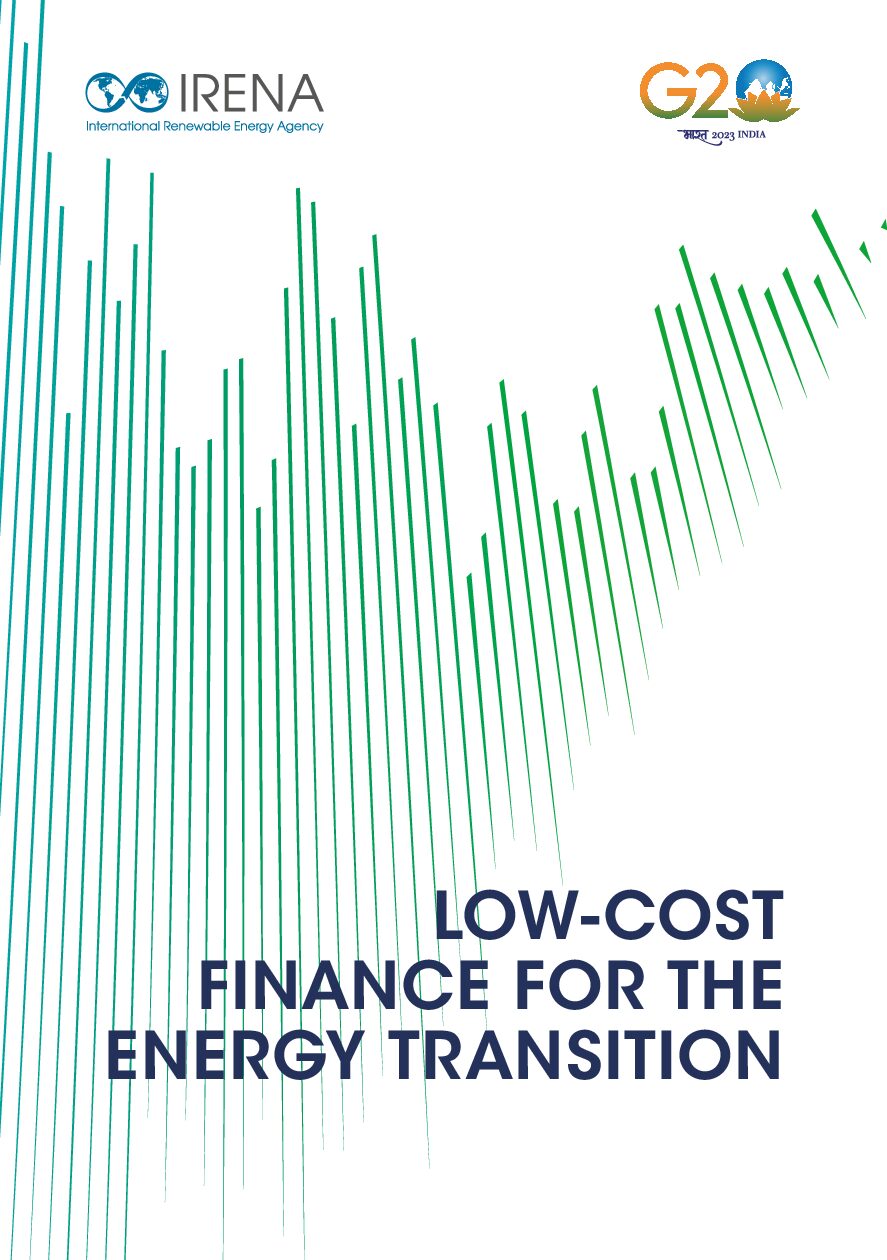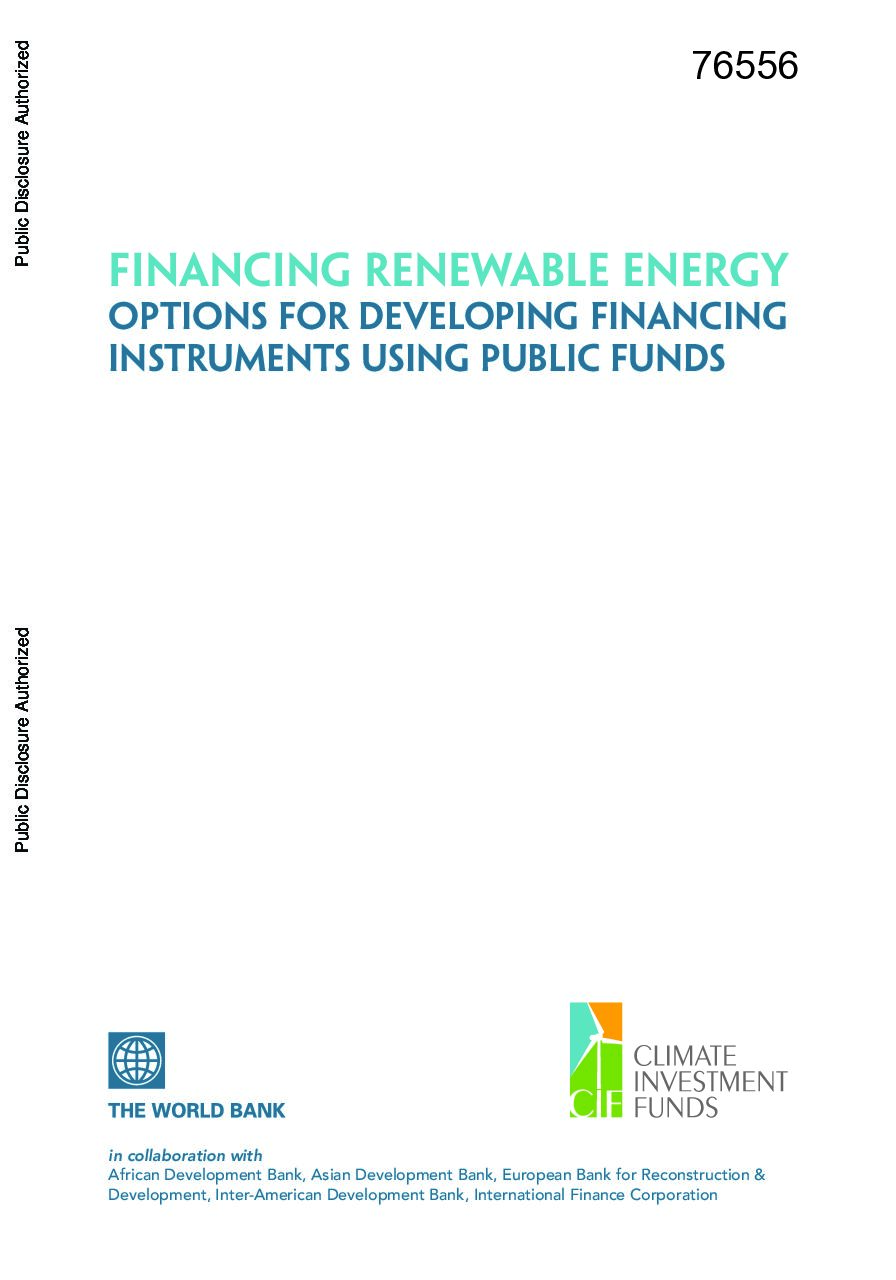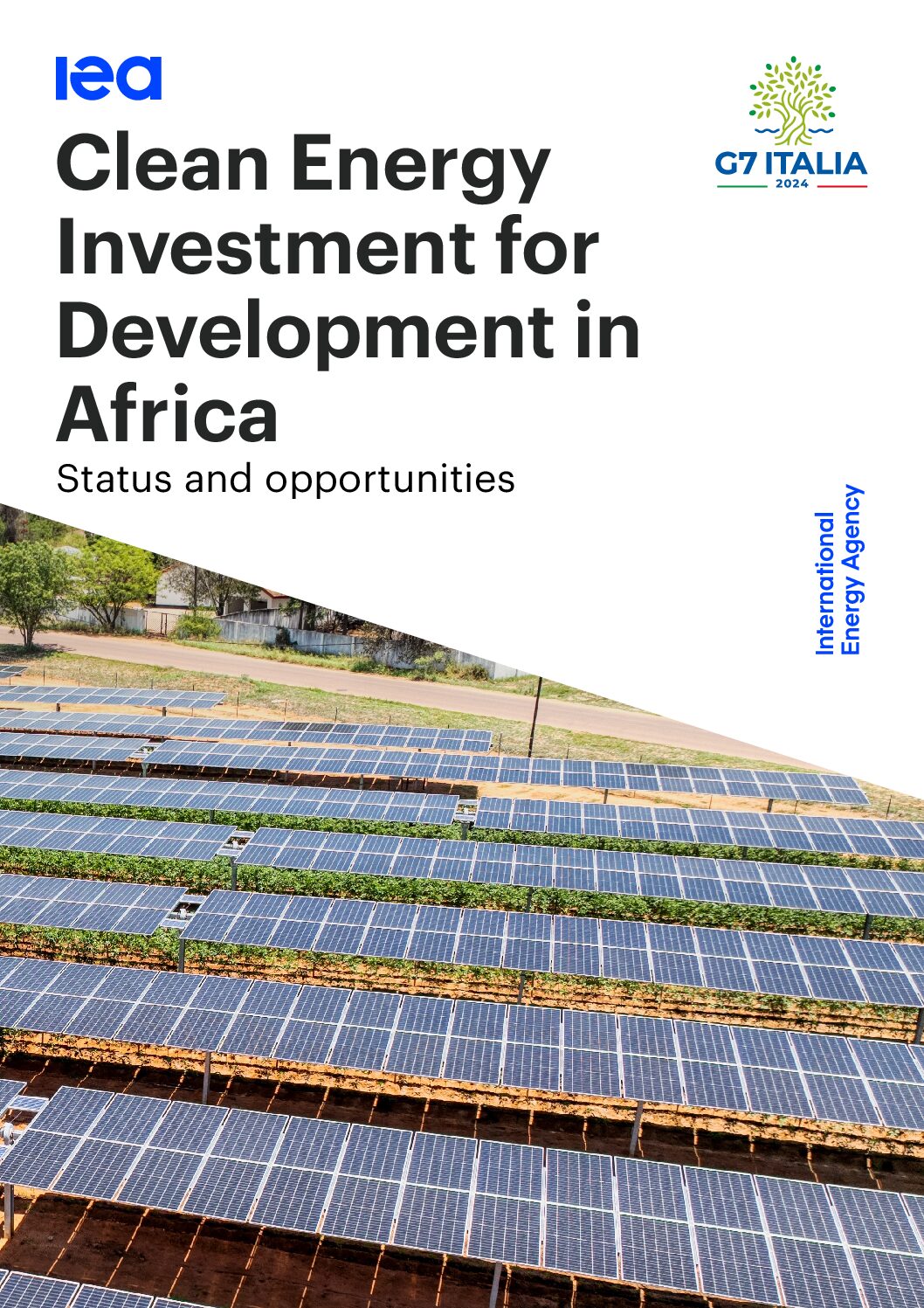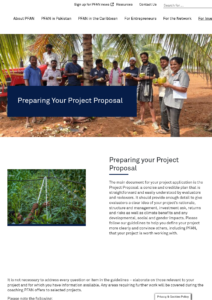This report to the G20 discusses the current landscape of financing costs for solar and wind power, presents opportunities for risk reduction and provides recommendations.
This chapter provides an overview of energy tax and subsidy patterns in the 71 countries covered in the report and estimates the net effect of energy taxes and subsidies on public finances.
This toolbox provides key resources for the development of solar projects, including on policy (US-focused), project economics, contracting, financing and the project development process.
This paper assists policy makers in low-income countries to develop and apply financing instruments (funded from public and concessionary sources) to scale up the deployment of renewable energy technologies.
This Guide aims to assist community and indigenous communities groups in the development of their own small-scale renewable energy projects.
This report aims to inform the G7’s new Energy for Growth in Africa initiative by providing an overview of the energy-related investments needed to achieve all African energy and climate-related goals
This web page provides a detailed overview of the key elements of a renewable energy business plan/project proposal.
This report identifies the main risks and barriers limiting investment in the energy transition, supplying a toolkit for policy makers, public and private investors, and public finance institutions to scale up their investments in renewable energy.
This journal article describes risks and mitigation strategies in renewable energy investment.
This report identifies and analyses key risks and barriers to private-sector investment in interconnected mini-grids in Nigeria, and evaluates policy and financial instruments designed to address them.







